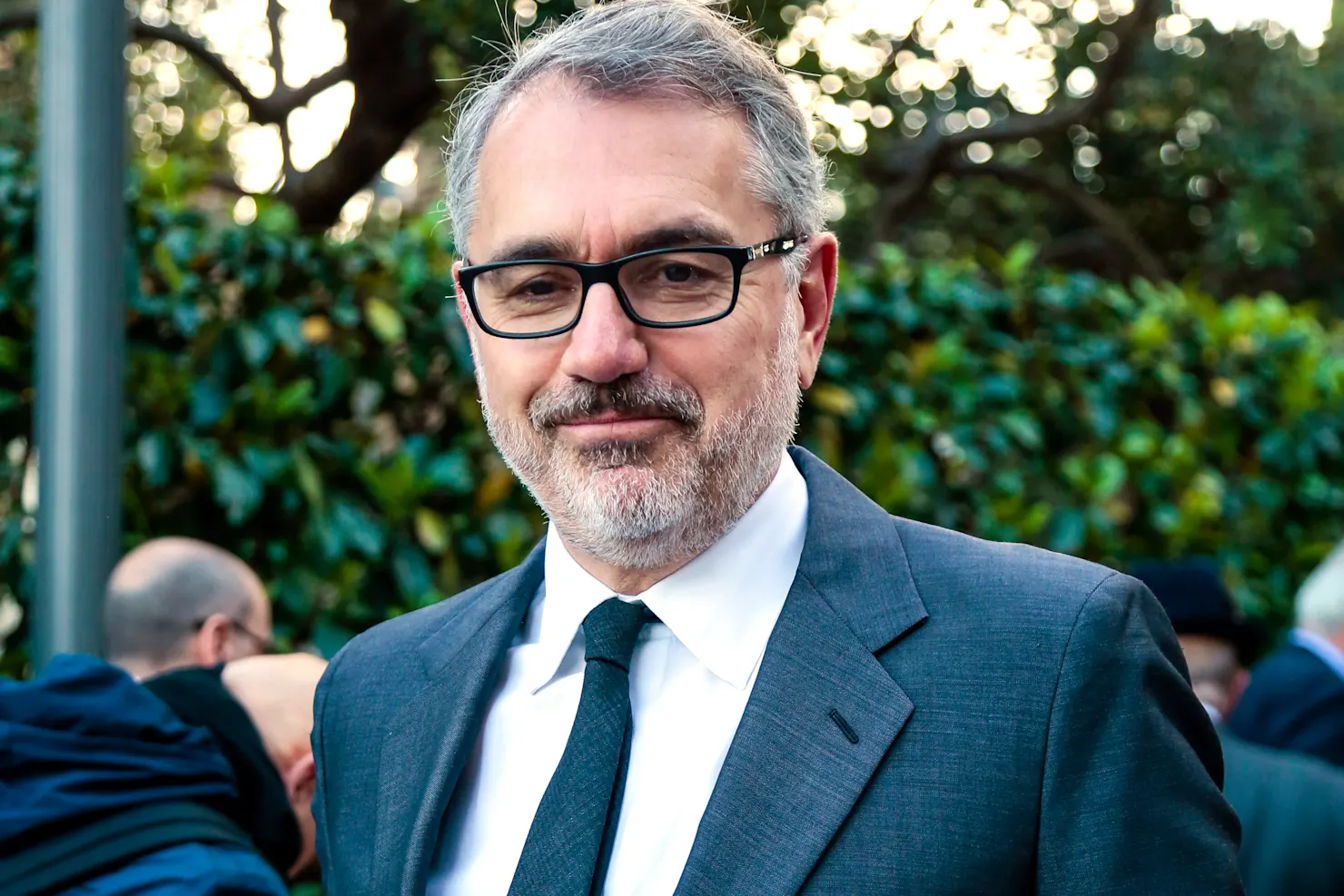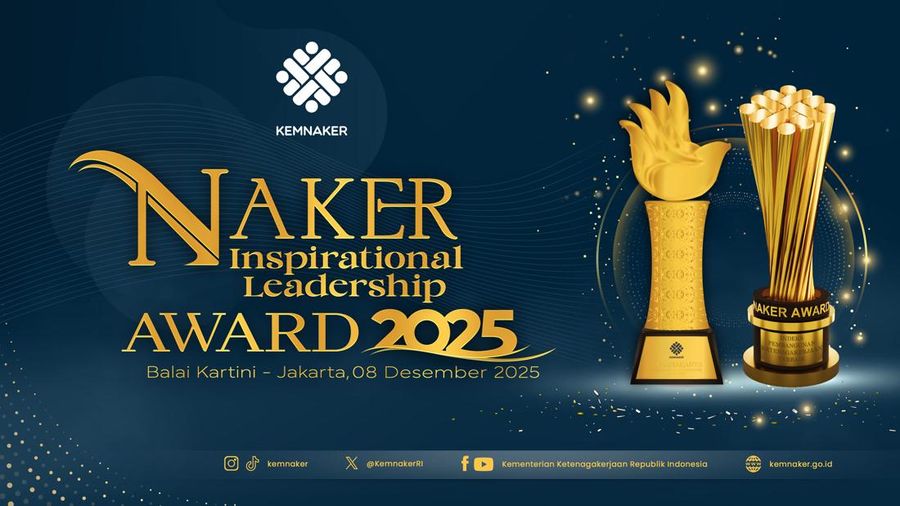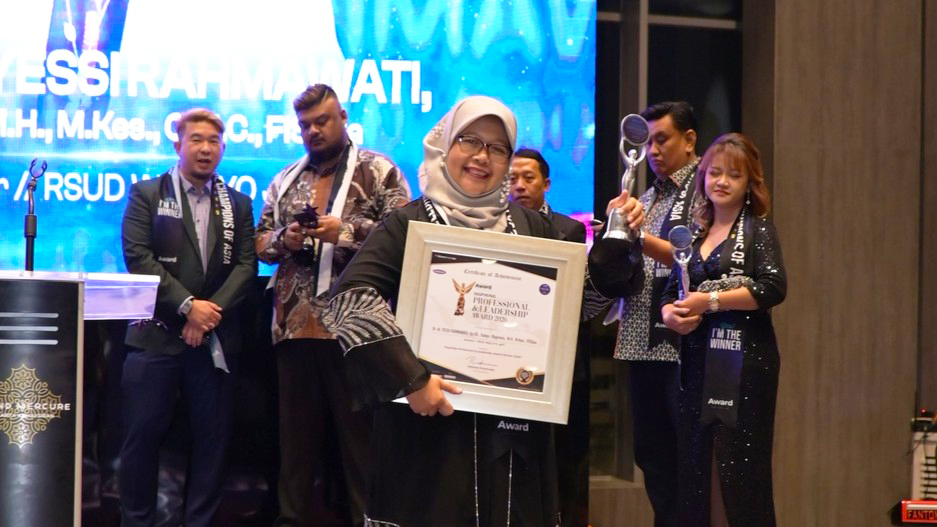Barcelona — The Puig family, one of Europe’s wealthiest dynasties and the controlling force behind the Spanish beauty-products powerhouse Puig Brands, is considering strategic options to support its struggling share price — including potential stock buybacks.
Since its high-profile 2024 IPO, the company’s shares have fallen more than 34%, cutting the family’s net worth by nearly a fifth to US$9.7 billion, according to the Bloomberg Billionaires Index. Despite consistently meeting performance targets, the company has been caught in a sector-wide downturn affecting major players like L’Oréal and LVMH, driven by concerns over global trade tensions and softer consumer demand.
Marc Puig, the group’s CEO for over two decades, said no immediate actions are planned but acknowledged that the family could intervene to “help investors achieve the value they believe the stock deserves.” Exea Empresarial, the Puig family’s holding company, controls 74% of the company’s equity and 93% of its voting rights.
The company reaffirmed its 2025 guidance for 6% to 8% organic sales growth, even after accounting for the newly imposed 20% U.S. tariff on Europe-made goods. Analysts have urged Puig to expand its forward-looking disclosures, noting that the IPO-era market growth assumptions may no longer apply in the current environment.
Puig’s strategy remains focused on its core strengths: prestige fragrances, which account for about 70% of revenue, alongside expanding make-up and skincare lines. This disciplined approach echoes the company’s early-2000s turnaround, when Marc Puig steered the business through financial headwinds by streamlining operations and investing heavily in brand-building.
Today, Puig holds three positions in the world’s top-10 fragrance labels, with Jean Paul Gaultier — its fastest-growing brand — joining the list in 2024. The company’s niche brand acquisitions, such as L’Artisan Parfumeur and Byredo, have tapped into a growing market for distinctive, limited-distribution scents favored by younger consumers.
Founded over a century ago, Puig evolved from a perfume distributor into a manufacturer, eventually partnering with fashion designers and acquiring iconic houses like Carolina Herrera and Nina Ricci. With its heritage of innovation and craftsmanship, the company is banking on bold storytelling and premium product development to reignite investor enthusiasm and secure long-term growth.






